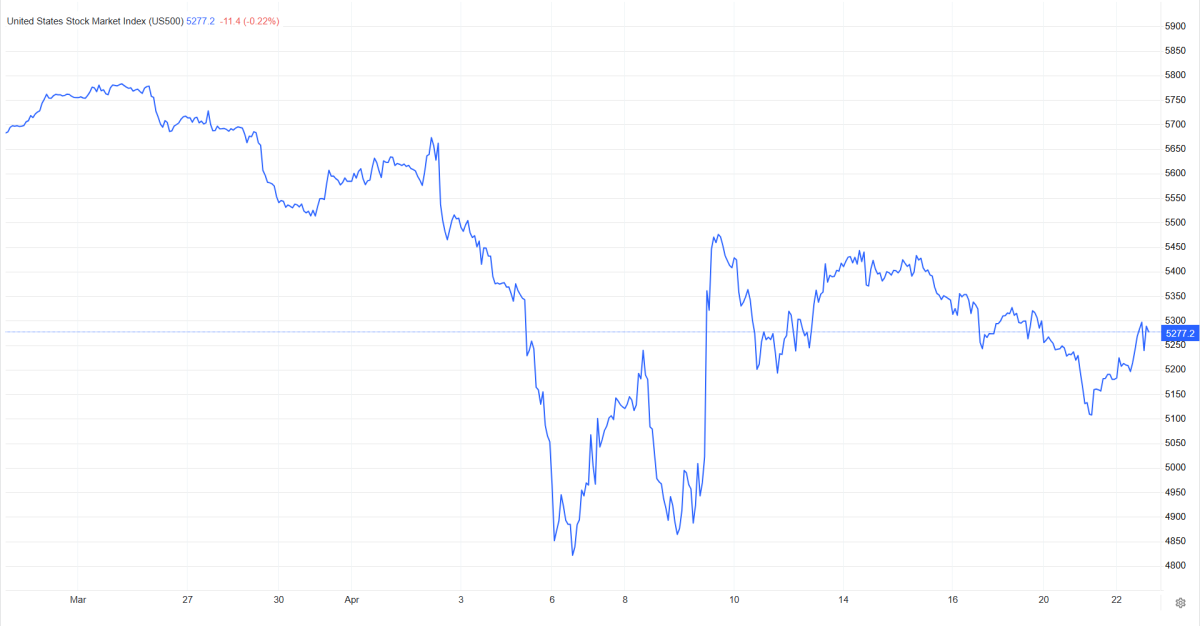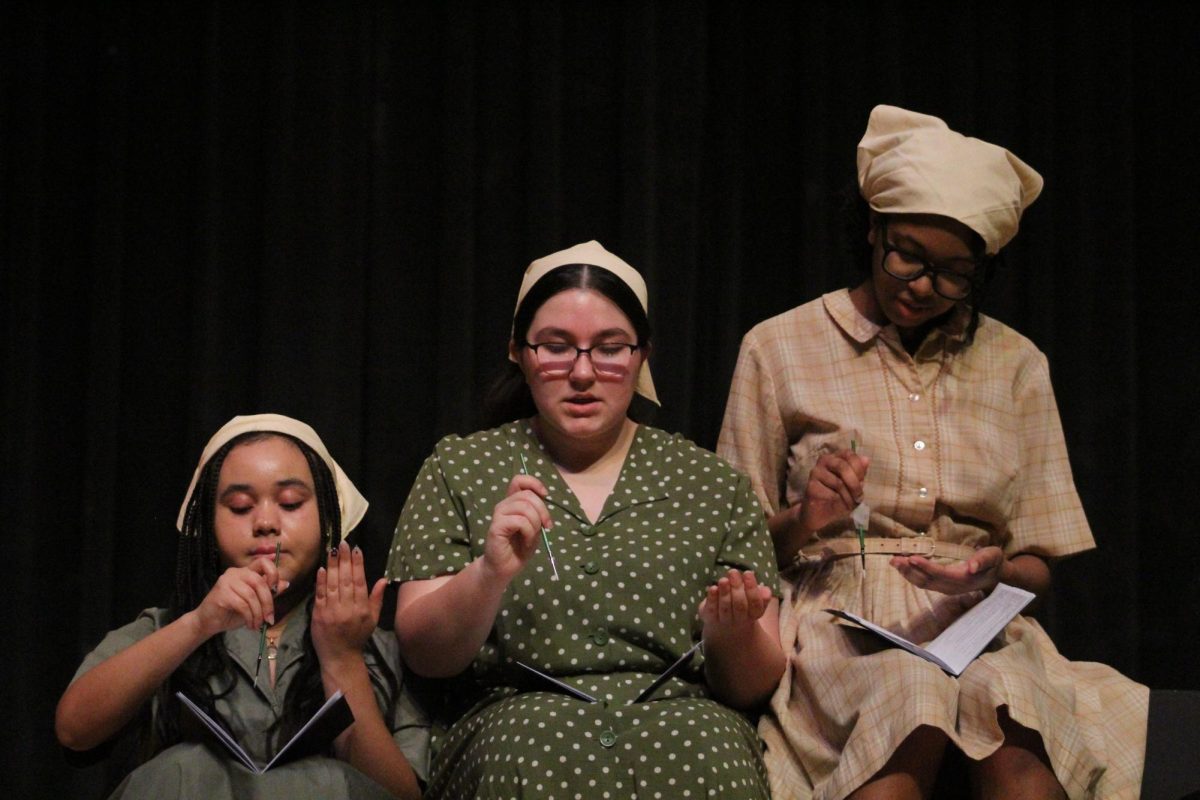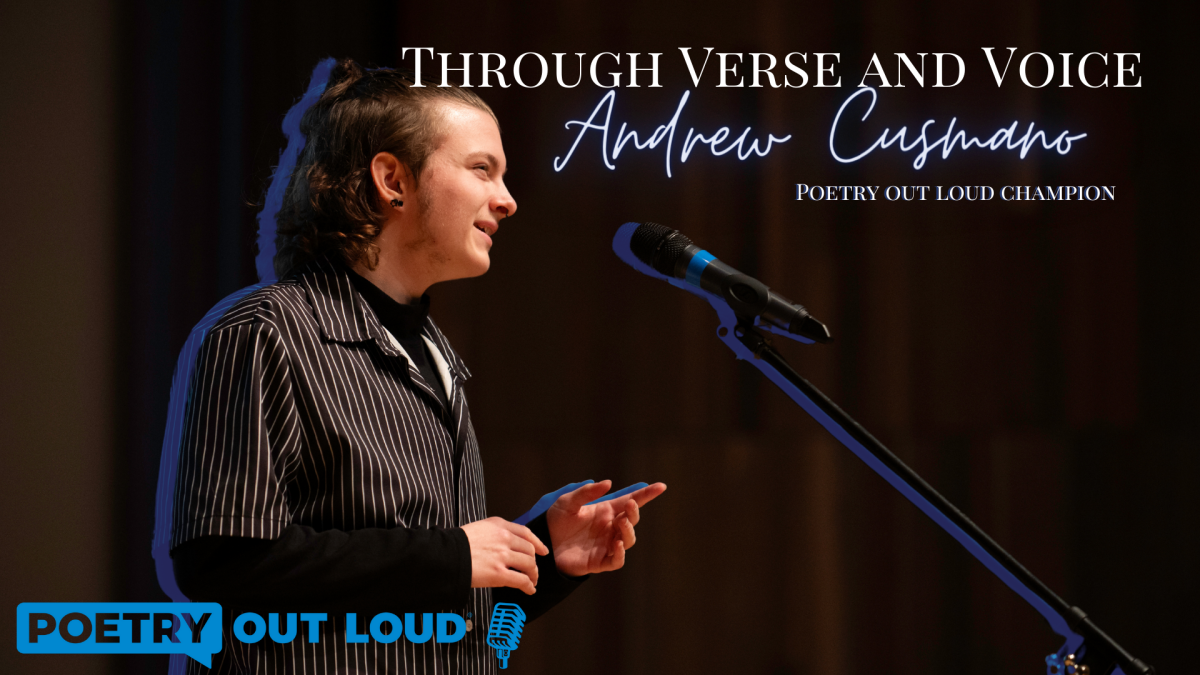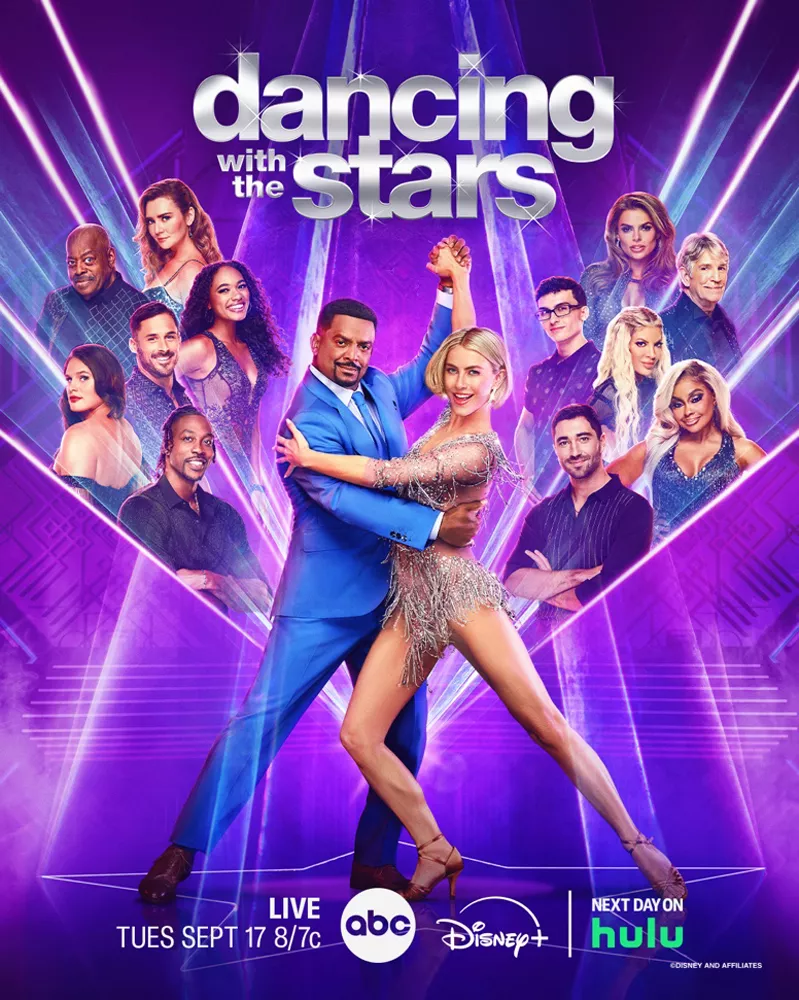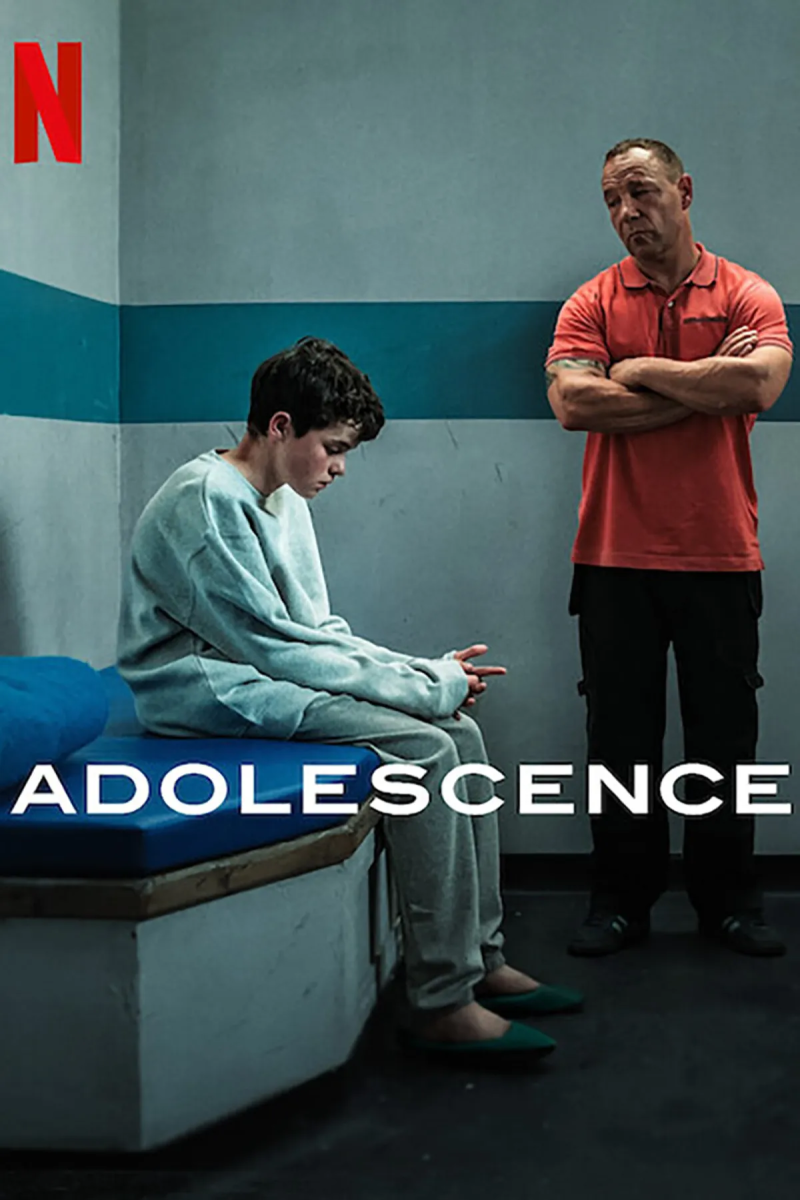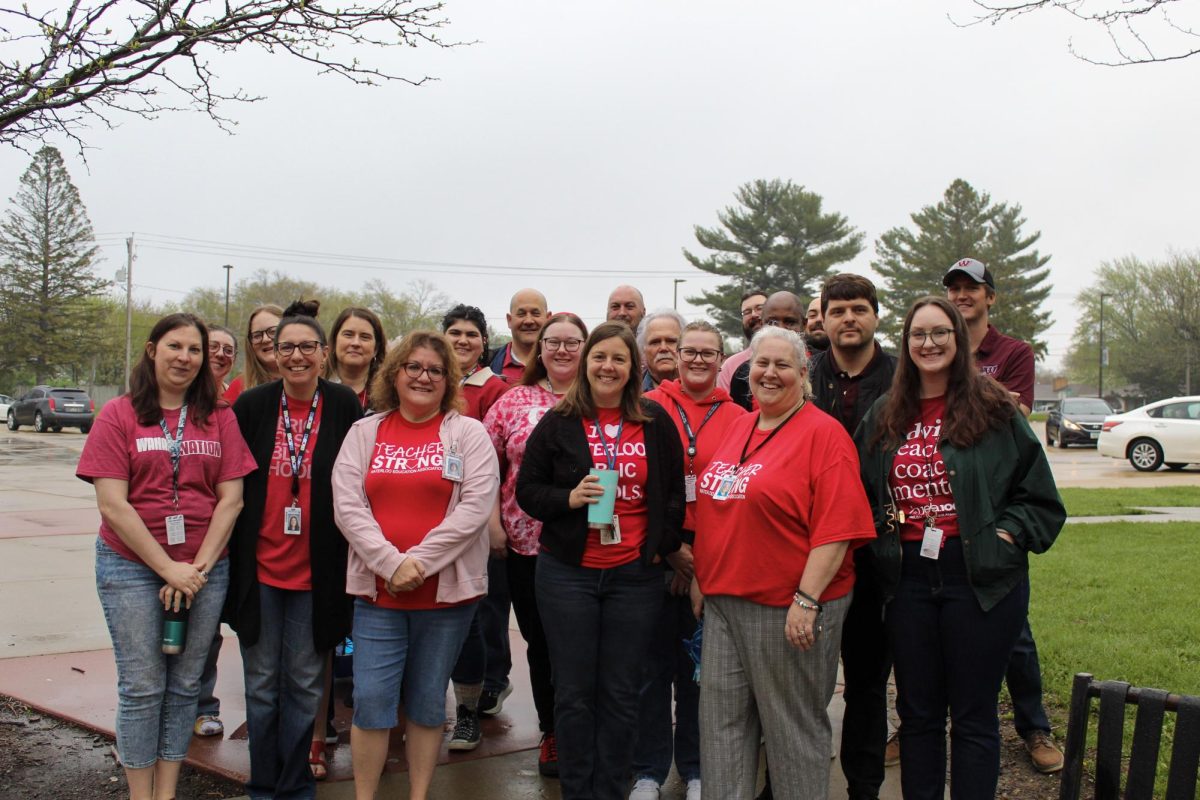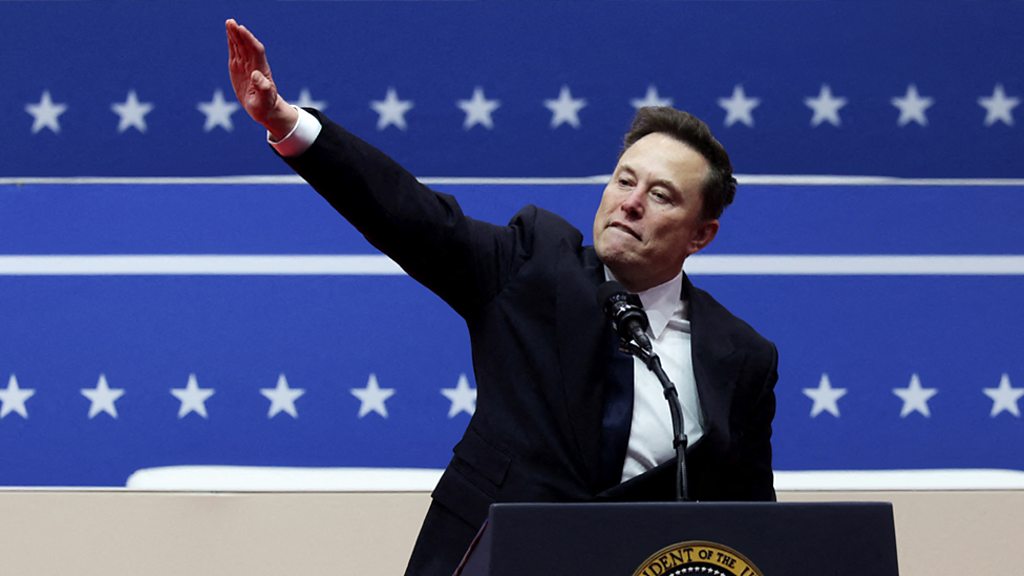A thirteen-year-old boy murders a young girl, and an investigator tries to find out the reason behind it. A psychologist is bothered by the boy. A father does not want to acknowledge the boy’s true actions.
My Rating: 9/10
“Adolescence” is as thought-provoking as it gets.
Created by Stephen Graham and Jack Thorne and directed by Phillip Barantini, the series is centered around the killing of a 13-year-old girl named Katie. Jamie, played by Owen Cooper, is Katie’s classmate who is arrested for the murder.
The first episode chronicles the arrest of Jamie: the police barge into his house, arrest and hold him for questioning. This leads to the second episode where we follow the main inspector, Luke Bascombe (played by Ashley Walters) who goes to the school Jaime attends to question students about anything that might be relevant to the case.
In the third episode, we meet Jamie again as psychologist Briony Ariston, played by Erin Doherty, is tasked with observing Jamie and trying to understand what he did.
The final episode is from the point of view of Jamie’s dad, played by Eddie Graham, as he tries to celebrate his birthday with the rest of his family while Jamie is still held for trial.
The series portrays how Jamie has become intertwined in the “manosphere,” an online subculture encouraging misogynistic ideas. Influenced by figures like Andrew Tate, Jamie consumes the “red pill” philosophy, which encourages men to reject feminism and embrace dominance over women. This idea gives feelings of entitlement and resentment, all seen in Jamie’s violent actions against a female classmate.
The series also reflects on the role that toxic masculinity played in Jamie’s life and his family. Jamie’s father, Eddie, symbolizes traditional masculine norms— emotional repression and a rigid sense of male authority. His inability to express vulnerability or empathy adds to Jamie’s emotional isolation and warped understanding of what truly is masculinity. Adolescence is an intriguing story that shows the dangers of unchecked toxic masculinity. It emphasizes the importance of addressing the rise in violence among young men influenced by online content.
I urge everyone to critically examine the media they encounter, to reflect on what makes them uncomfortable, and to question the messages they are absorbing. This series is not only a story, but it happens today. I want you to ask yourself what you are watching on social media and be aware of how that might affect you and your perception of life.



